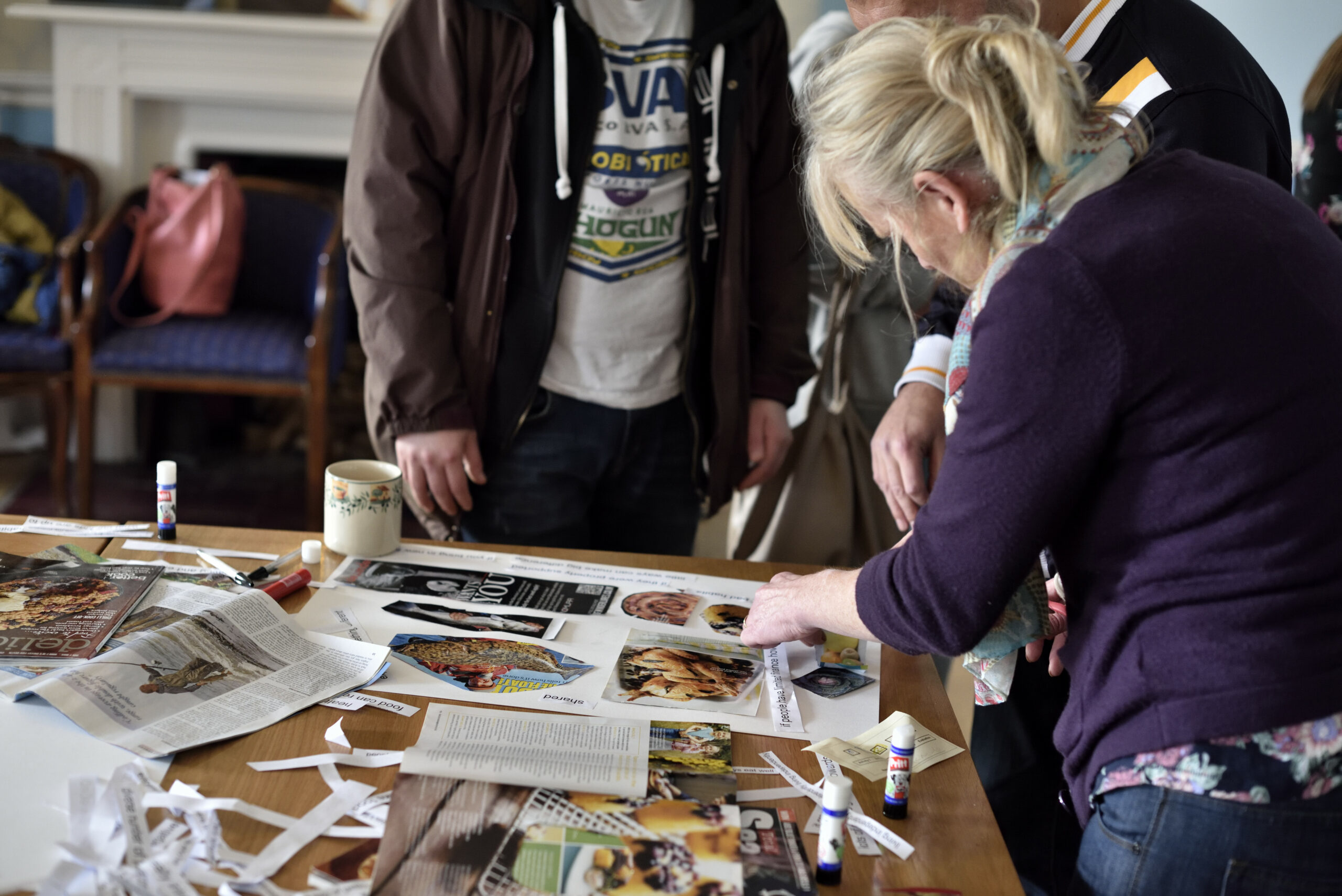An interdisciplinary research team from the University of Reading and four partner universities are working alongside food, government and civil society stakeholders to address food poverty in culturally-diverse disadvantaged communities. Through co-creation, it develops innovative solutions that tackle a lack of access to healthy, sustainable food, empowering communities to have choice and agency over their diets.
As many as 22% of people in the UK are living in food poverty, reliant on solutions outside of mainstream food systems such as food banks which do not enable them to plan or choose their diet.
The FoodSEqual project brings together an interdisciplinary team from the University of Reading, four partner universities, food industry, government and civil society organisations to address food poverty and the lack of access to healthy, sustainable food for culturally-diverse disadvantaged communities. Working directly with community groups in Reading, Plymouth, Tower Hamlets and Brighton and Hove, the project uses participatory action research (PAR) methods to co-create sustainable food solutions to give communities choice and agency over the food they consume.
Community members have been trained as Community Researchers to support the research, foster trust, and facilitate engagement through workshops, focus groups and photo diaries, gathering data and enabling the ideas and voices of the community to be heard first hand.
Researchers working across food, agriculture, environmental disciplines, human geography, sociology, business & management, psychology and built environment have benchmarked the current UK foodscape through a community lens, and are working to understand food aid supply chain fluctuations and improve the management of surplus food.
The project promises societal, economic, and environmental benefits by trialling policy or supply chain interventions and working with food companies to co-develop products with the communities. In 2023, the project received additional funding to focus on integrating affordable fresh produce into local food systems to reduce health inequalities.
FoodSEqual’s collaborative approach ensures the project’s findings and innovations are practical, sustainable and beneficial for the communities they are working with. The methods and learnings are being documented to create a ‘blueprint’ of how to co-develop and conduct transformative transdisciplinary research in community settings.
“It’s great to be part of this. It’s enabled me to become a community researcher and share concerns and ideas about food, and access to it, with my own community. We’ve all learned so much too.”
Kelly Brown, community development worker, WCDA
Judges’ comment
“An excellent transdisciplinary project with lots of wide-ranging partners that has clear outcomes and a well-defined trajectory to achieving significant impact.”
Partners
• Association of Convenience Stores (ACS)
• Barfoots of Botley Ltd
• Institute of Grocery Distribution (IGD)
• Pladis
• Premier Foods
• Shift
• Reading: WCDA/C.A. Belchers & Son Ltd/Food4Families
• Plymouth: Sole of Discretion/Plymouth Fishing and Seafood Association/TamarFresh/ Plymouth Soup Run/Food Plymouth CIC
• Tower Hamlets: Women’s Environmental Network (Wen), London
• Brighton & Hove: Brighton & Hove Food Partnership (BHFP)
Funders
- UKRI, in partnership with the Global Food Security Programme, BBSRC, ESRC, MRC, NERC, Defra, DHSC, PHID, Innovate UK and FSA.
Team: FoodSEqual Team
Project name: FoodSEqual: Healthy, sustainable food systems for disadvantaged communities

